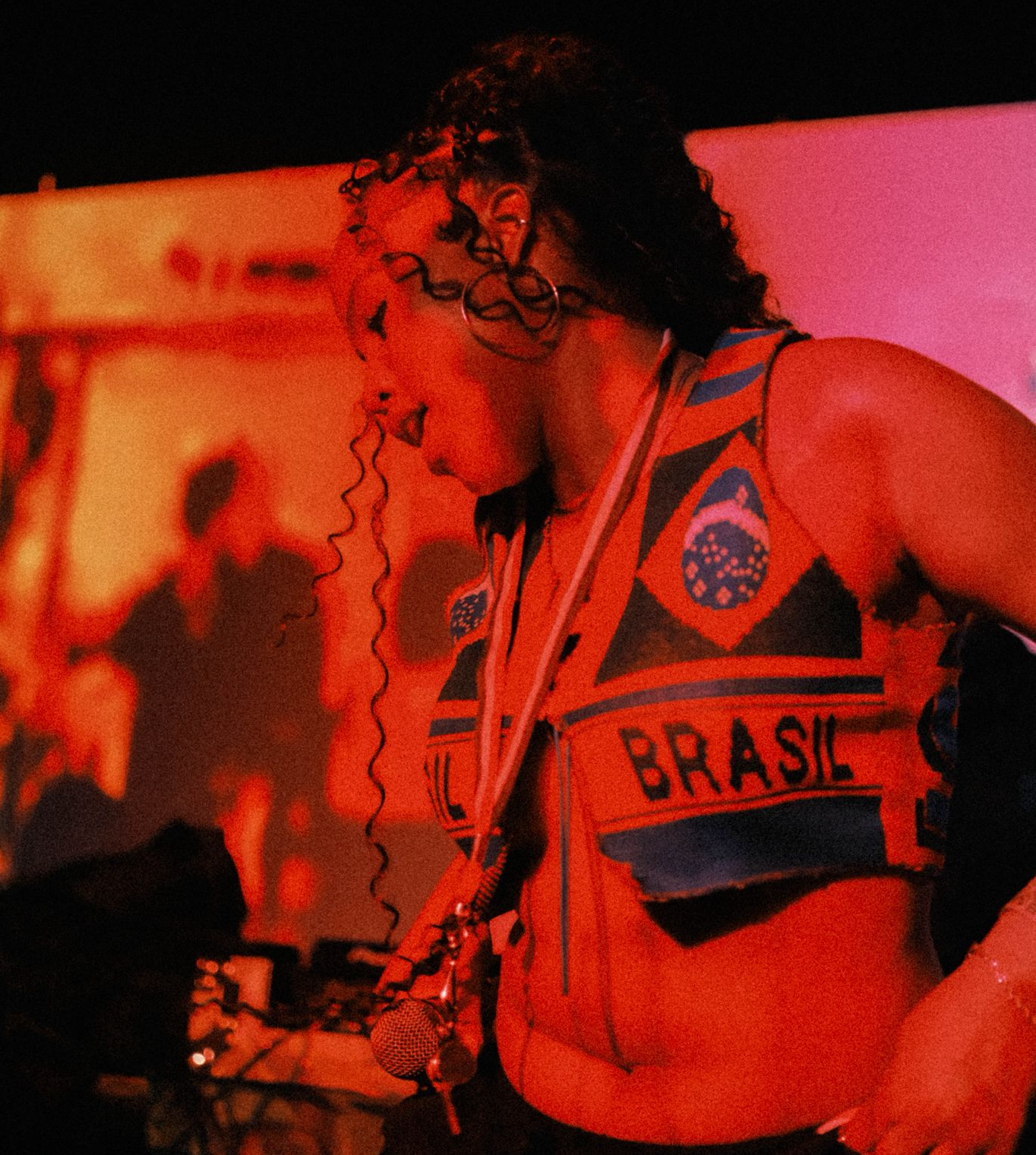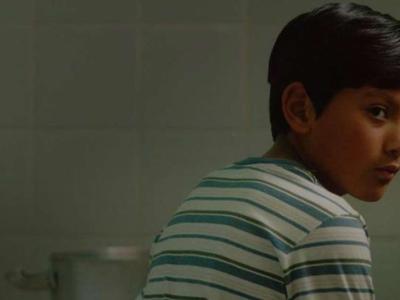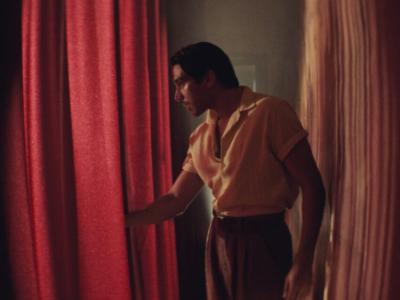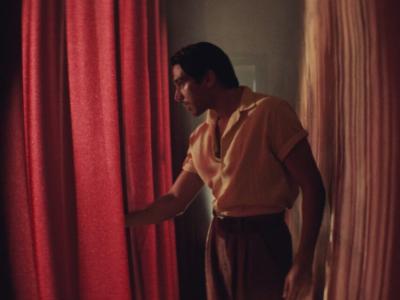THE SOUND OF TWO SHORES
The connection between Brazil and Africa was inevitable. Brazil has the largest population of Afro-descended people outside of the Motherland. What is also destiny is that this connection is claiming dancefloors across London. What is emerging from the underground clubs, where Africans, Brazilians and Londoners of all races celebrate life through music, isn't a fleeting trend to be commodified, it is a powerful reclamation, a remembering. It is the rhythmic DNA of the Black Atlantic finally speaking its own name. The proof of this movement isn't just in the charts; it's on the dance floor. The iron bells of Accra and Salvador don’t just share a lineage — they share a rhythmic blueprint that survived the Middle Passage.
THE HISTORICAL BEAT: LA CLAVE’S SHARED CODE
To understand why Afrobeats and Baile Funk blend so seamlessly on London's dance floors, you must listen closely to the time-keeper. The instrument that dictates rhythm for the entire ensemble. The heartbeat.
In Ghana, this is the Gankogui (or Gan Gan) —a double iron bell fundamental to Ewe and Akan traditions, The Gankogui anchors the time-line for traditional forms like Kpanlogo, whose core rhythm is identical to the clave found in Latin-Caribbean music. In Brazil, particularly within Afro-Brazilian religious music like Candomblé and secular forms like samba and maculelê, the identical function is performed by the Agogô.
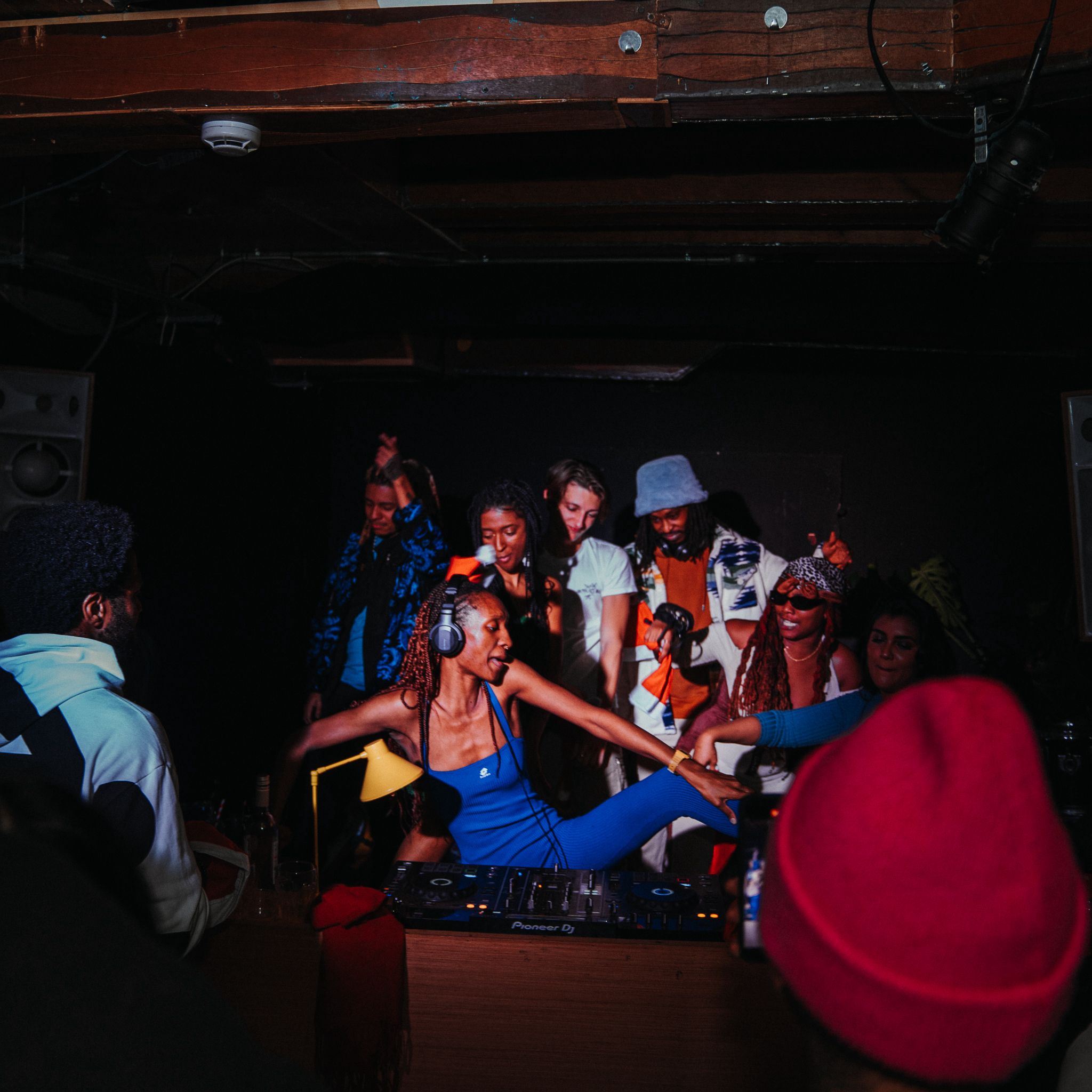
Visually and functionally nearly identical, the Agogô and the Gankogui share more than aesthetic form—they share a rhythmic architecture. Both play recurring patterns known in ethnomusicology as the Standard Pattern, or more familiarly, la clave - a five-accent rhythmic code guiding countless Afro-diasporic genres.
The fusion we hear today is simply a new generation speaking an ancient, shared language—one that was never permitted to be forgotten. The 3:2 or 2:3 Clave pattern they play is the memory, the pulse, and the ancestral agreement that binds the music of Accra, Salvador, and London.
The iron held the memory. The body remembered the pattern. Across the Atlantic, the beat survived.
THE JULS CATALYST: SOUNDTRACKING THE DIASPORA
Producer Juls, a leading architect of afrobeats, reignited this lineage through his 2025 documentary Travelling Man: Com Amor Brazil. Launched in Brixton, the film retraces connections between Ghana and Brazil via the Tabom community — Afro-Brazilians who resettled in Ghana during the 1800s.
Juls’s work is living proof of the beat that survived the Atlantic. It transforms heritage into sound, proving that the Black Atlantic is one continuous cultural ecosystem, not fragmented continents but a conscious collectiveness that is reawakening
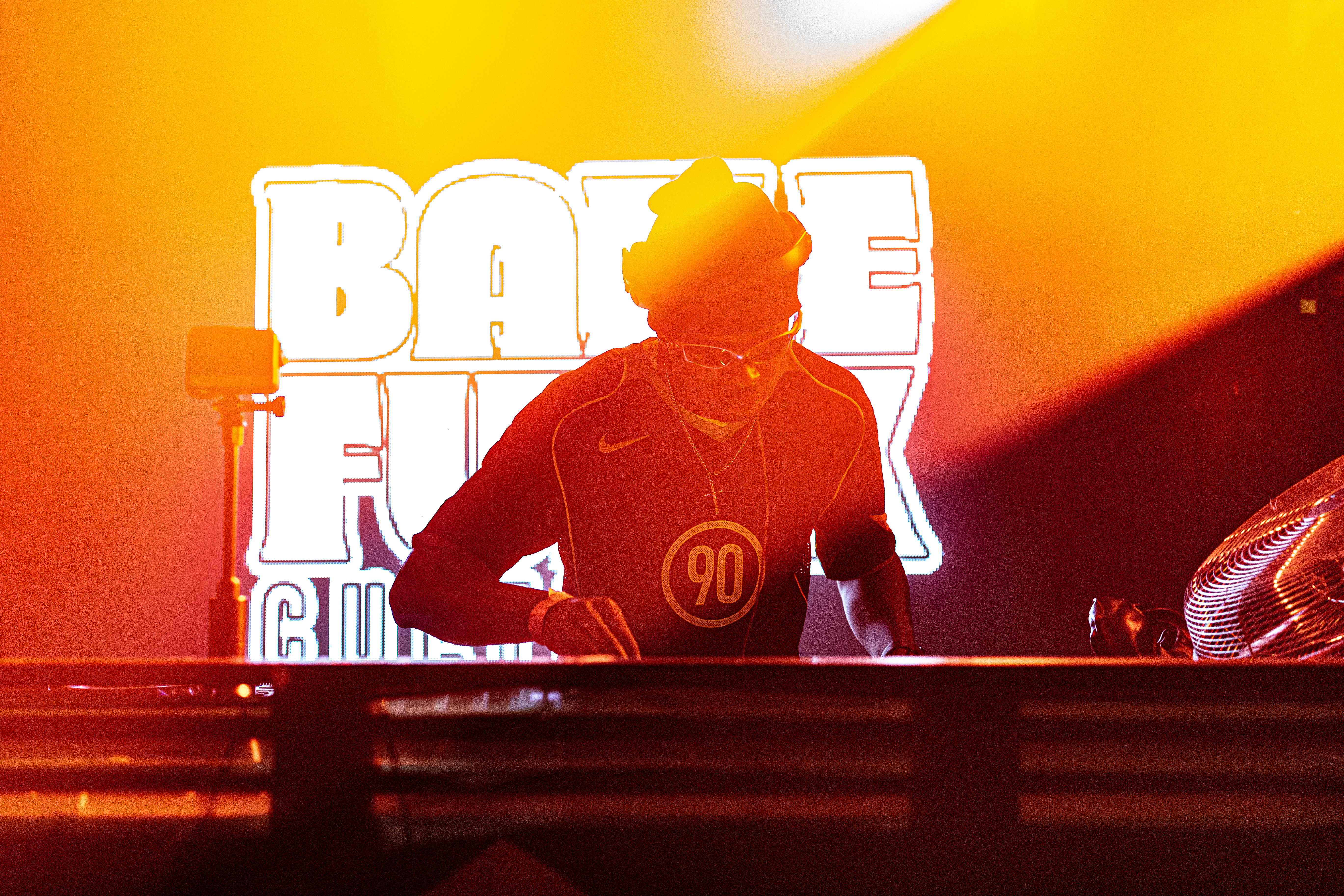
THE LONDON LAB: WHERE RHYTHM REMEMBERS ITSELF
London’s clubs have become the laboratory where Afrodiasporic timelines and rhythmic grammar are translated into the future tense. If Ghana and Brazil provided the roots, London is the rendezvous, the ultimate cultural melting pot for this reunion.
Baile Funk Culture (BFC) is dedicated to combating the "media whitewash" that has historically reduced Afro-Brazilian genres to shallow tropes, similar to how early Samba was often dismissed. Through nights at Hackney Social, Dalston Den, Stereo and community projects blending music, art, and politics, BFC has built a space where South America, Africa, & the Caribbean all vibrate as Londoners and dance as one diaspora.
Each drop, whistle, and drum hit echoes those twin iron bells — the Agogô and the Gankogui — now vibrating through subwoofers and bodies refusing to forget.
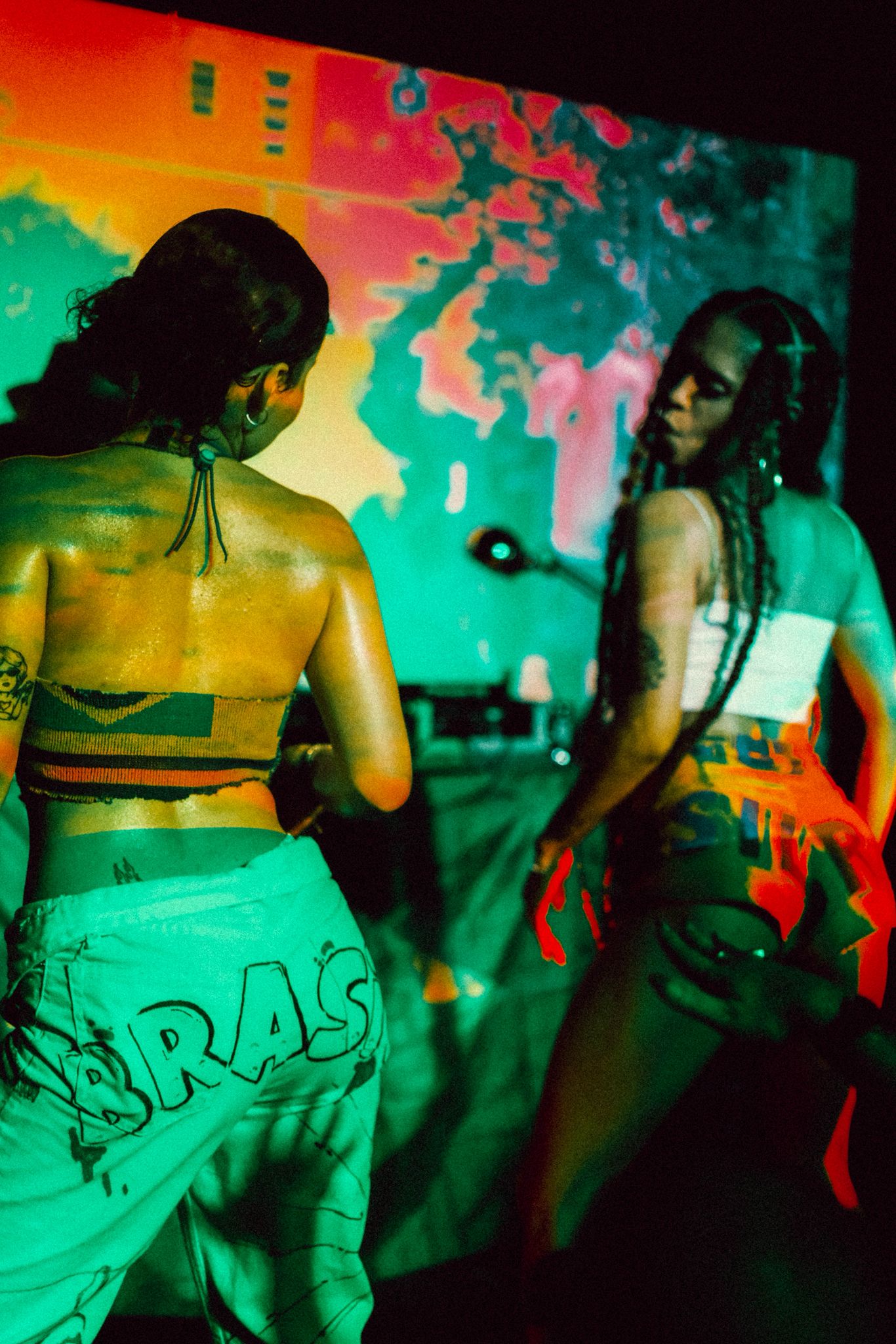
FROM THE FAVELA TO THE FUTURE
Baile Funk was born in the 1980s favelas, inspired by Miami Bass yet rooted in Afro-Brazilian survival. It carried the joy, sensuality, and pain of Black life in Brazil’s margins. When global fame arrived, its politics were stripped away. That’s why Baile Funk Culture exists: to restore meaning. Shaking your nyash is a political language, ancestral memory, and healing. We recognise art, culture and diversity as essential to the world we want to be part of. Art and culture save lives.
The connection between Ghana, Brazil and the UK isn’t history; it’s heartbeat. Africa birthed the rhythm. Brazil evolved it. London amplifies it.
In today’s clubs, what we hear isn’t fusion — it’s recognition. The DJ booth, the studios, the dance floor: modern altars where descendants of forced migration speak again across oceans, in a language older than nations and deeper than genre. The beat never stopped. We’re only now learning to hear it clearly again.
BFC Brazil & African Diaspora takes place on Saturday 22nd November 10 pm - 5 am
Brixton Jamm, 261 Brixton Rd, London SW9 6LH. Tickets here
Anthony Larbi is director or (Motherland / On Da Beat Studio) Gabriela Vallim, founder of the collective Baile Funk Culture (BFC).


